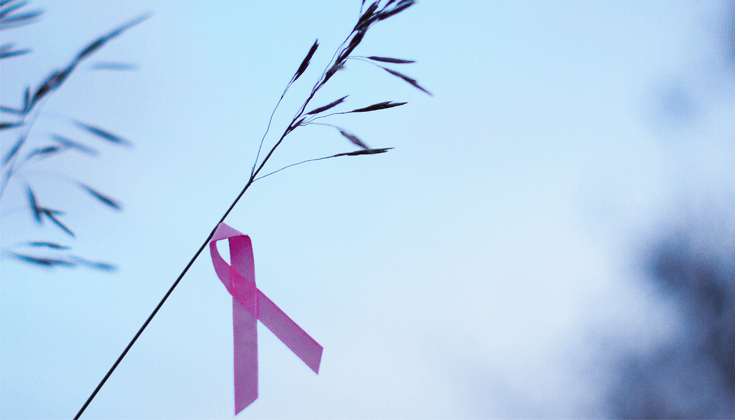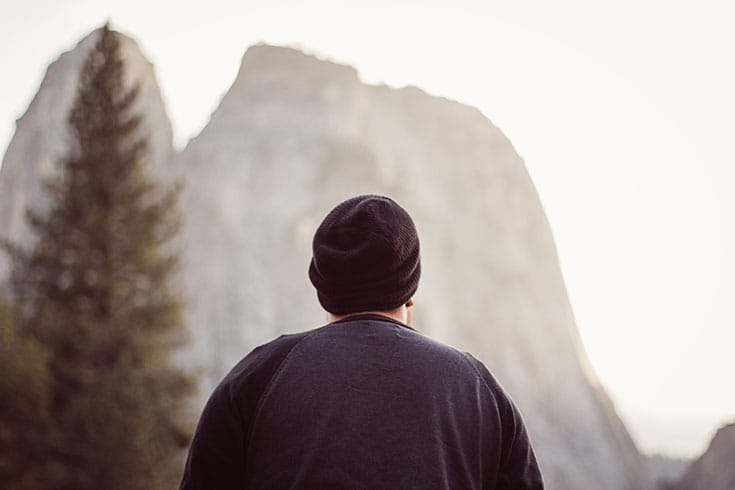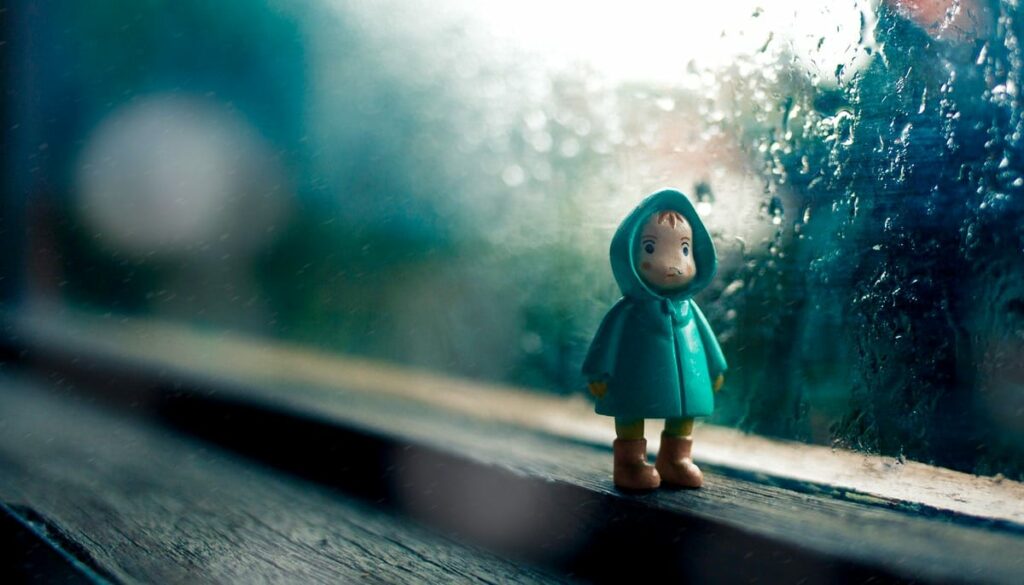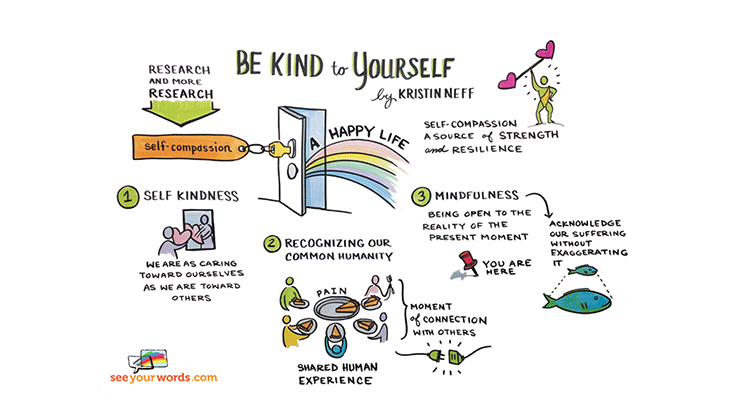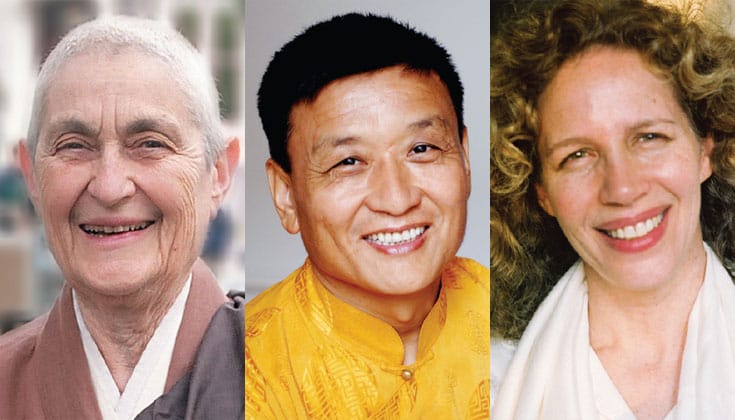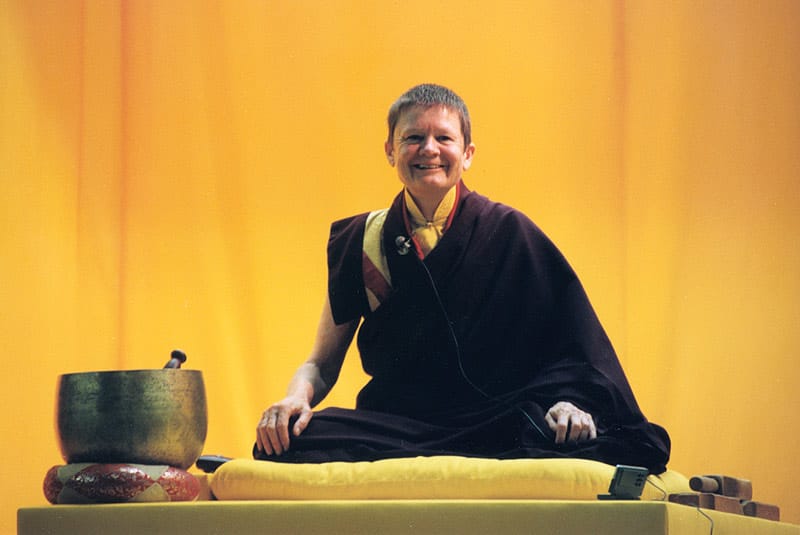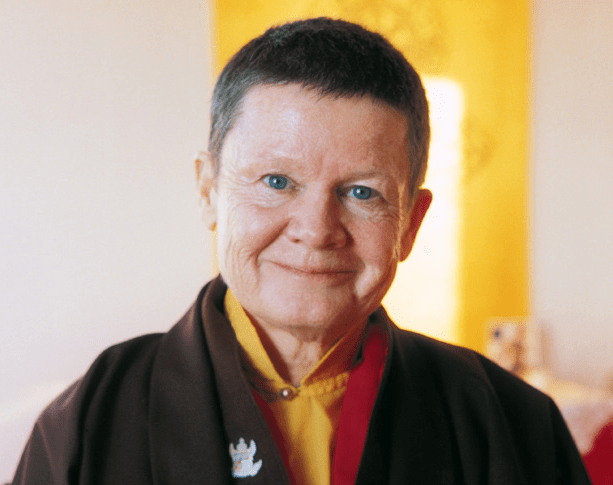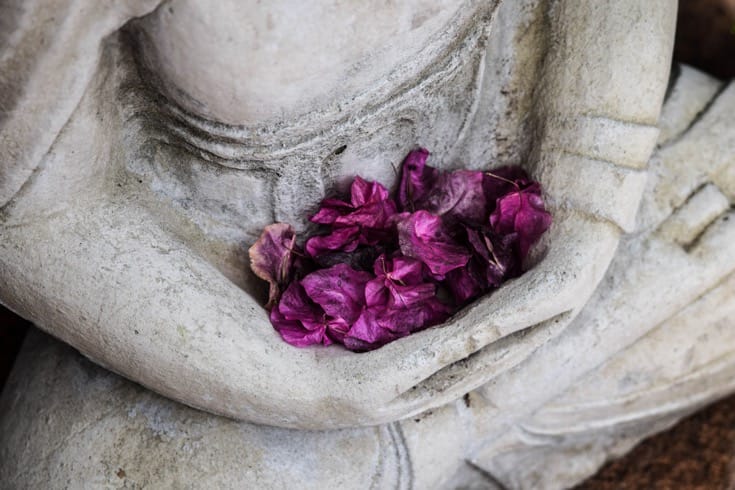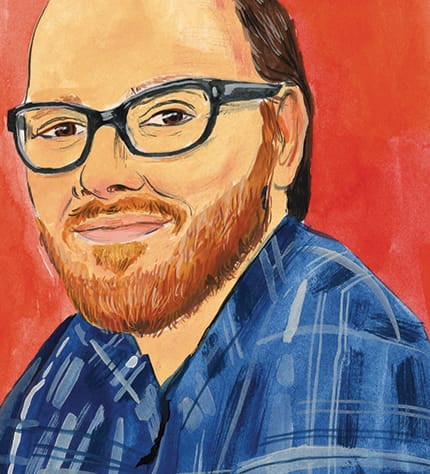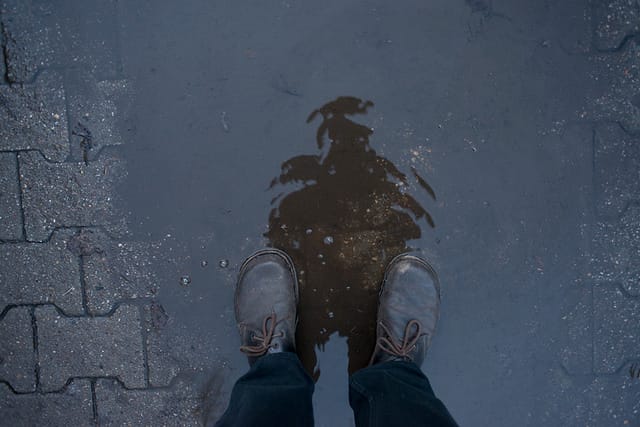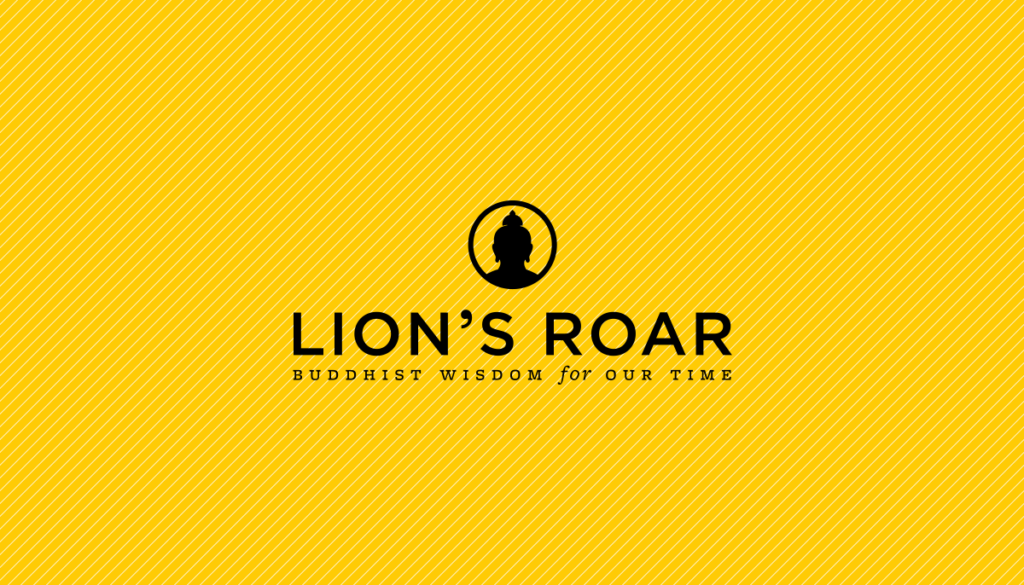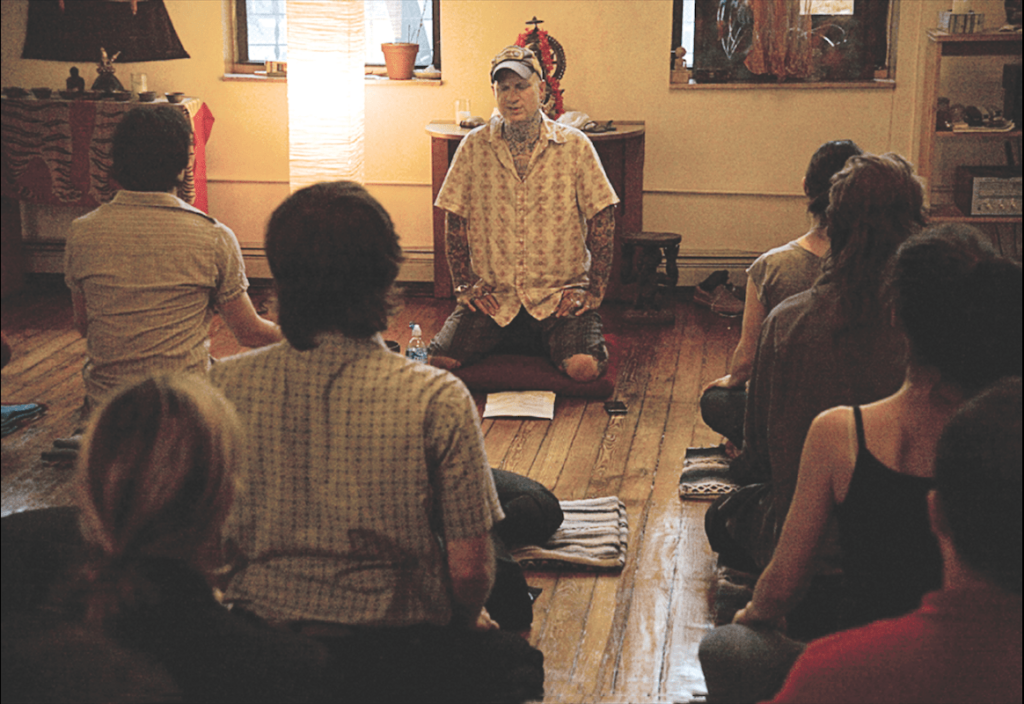Category: Advice for Difficult Times
I was “completely unprepared” for cancer — but mindfulness and yoga helped
Esther Brandon recalls how — though they never met — Rabbi Alan Lew's words helped her to persevere through her battle with breast cancer.
Find Your Heart in Loneliness
When we are alone, says Chögyam Trungpa Rinpoche, we may begin a love affair with sadness.
Love Without Fear: Building Fearless Relationships
Today fear is rampant in all areas of our lives. There are many ways we seek safe harbor, a place to feel protected and cared for. Many turn to relationships for this, to experience security and comfort. Then, a paradoxical thing happens, the relationship itself becomes a cause of fear. What makes this happen?
Can I Be Happy If My Child Is Not?
Sylvia Boorstein answers a reader’s question about how to be happy when her children are not.
Kristin Neff’s Three Steps for Self-Compassion, Illustrated
Graphic recorder Johnine Byrne created this wonderful graphic recording of Kristin Neff's three steps for self-compassion.
I have cancer. How do I balance accepting impermanence and desiring to live?
The teachers answer the question of someone unsure how to balance her understanding of impermanence with her desire to live in the face of cancer.
Your Dissatisfaction is Good News
Carolyn Rose Gimian explains why the experience of dissatisfaction — which the Rolling Stones so aptly described — might be just what we need.
Over and Over Again
According to Dzongsar Khyentse Rinpoche, to be enlightened is to be free of obsessions. Given that I have obsessive-compulsive disorder, I usually feel very far from that ideal.
What to Do When the Going Gets Rough
Pema Chödrön on four ways to hold our minds steady and hearts open when facing difficult people or circumstances.
Are you trying to “settle the score”? Try “choosing peace” instead
There is a key moment, says Pema Chödrön, when we make the choice between peace and conflict. In this teaching from her program Practicing Peace, she describes the practice we can do at that very moment to bring peace for ourselves, for others, and for the world. If we want to make peace, with ourselves and with…
Extreme Detox: How Buddhist monks led me to humility and freedom from alcohol addiction
Author Paul Garrigan tells how Buddhist monks in a Thai temple helped him to drop his drinking, and even the very idea that he was an addict.
Is Western Psychology Redefining Buddhism?
Jack Kornfield, Judy Lief, and Bodhin Kjolhede examine the influence of Western psychology on Buddhism. Introduction by Ajahn Amaro.
Off the Bridge and Onto the Cushion
Brandon Dean Lamson recalls how he turned away from his decision to commit suicide, and went to go sit zazen instead.
I Did Not Lose My Mind
It took an illness of the brain for Meg Hutchinson to discover the inherent sanity of her own mind. Her breakdown was actually a breakthrough.
It’s for You
Sometimes after a phone call, nothing is ever the same. But if you let it, says Douglas Penick, the bad news can come to feel a little like falling in love.
Josh Korda on “The Glorification of Busyness”
One of the most radical, countercultural things we can do is actually just sit there and relax without feeling we're missing out.
We transform evil into good.
A teaching from Norman Fischer to help in these troubled times, as a semblance of peace seems to be returning to Boston.
Every Day a Reprieve
Josh Korda knows he is not cured—and he never will be—but through honesty and diligence he enjoys a daily reprieve from depression and addiction.
You Don’t Have to Know
John Tarrant discovered that not knowing is the best—and maybe the only possible—response to suffering.
From The Under 35 Project: “Because of That, This”
Profound loss can create a sudden, uninvited wake-up call, says Lisa Wilson. When she received hers, she was gifted with new perspectives.
